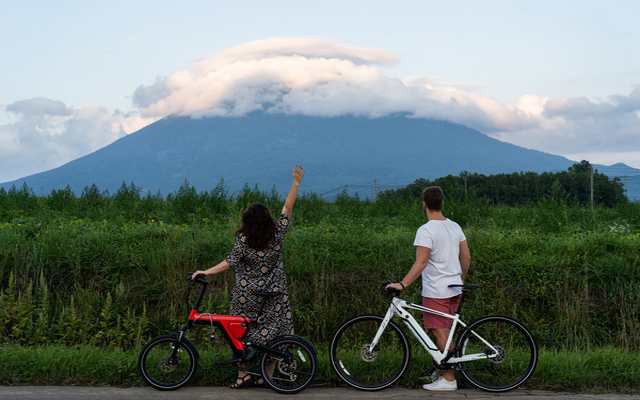As more people look to greater personalisation and less crowded, off-the-beaten-track destinations for their next socially distanced getaway, the Covid-19 pandemic is fuelling the growth of Japan’s micro-tourism market.
“The new travel trend will be focused on simplified itineraries with limited locales and activities to minimise exposure to Covid-19,” said Mark Wong, senior vice-president Asia-Pacific at Small Luxury Hotels of the World.

“Our reservations team has become like a travel concierge desk for our guests. And we are also partnering with local experiential travel providers to curate activities that are off-the-beaten-track,” he added.
Travellers are also opting to stick to one accommodation for the entire duration of their trip.
In a recent survey by the brand, 90 per cent of respondents said they would feel “more comfortable” in a small independent hotel at present, prompting SLH to launch its Stay Small initiative to promote its properties, which each have a collection of 50 rooms on average.

Sub-campaigns include Stay Small, Stay Local, to push staycations and weekend getaways; and Stay Small, Stay Longer, which promotes regional itineraries.
Hoshino Resorts is tapping domestic demand by targeting people living within a 30-60 minute drive from their properties, with the lure of meals, hot springs and relaxation in a private space.
Jiseon Lee, the company’s area manager of global marketing, said that there is rising awareness among Japanese consumers to keep “travel closer to home and in a safe place.”
Lee said that micro-tourism can help support Japan’s hard-hit tourism industry by improving collaboration between nationwide and regional companies, while showcasing the unique aspects of localities. Kai Nagato, the group’s hot-spring resort in Yamaguchi, for example, is decorated entirely with local crafts such as hagi glass and tokuchi washi paper.
“(Our efforts) can help not only the tourism industry, but also the local economy, since developing and offering content will lead customers to come back to the region (in the future),” she said.
Sean Brecht, managing director of luxury DMC Discover Shikoku, agreed that current demand is focusing “largely around the themes of exclusivity, privacy, and limited interaction with appropriate social distancing”.
He said that his company is well-poised to meet the demand given that privacy and separation have always been key to its operation.




















